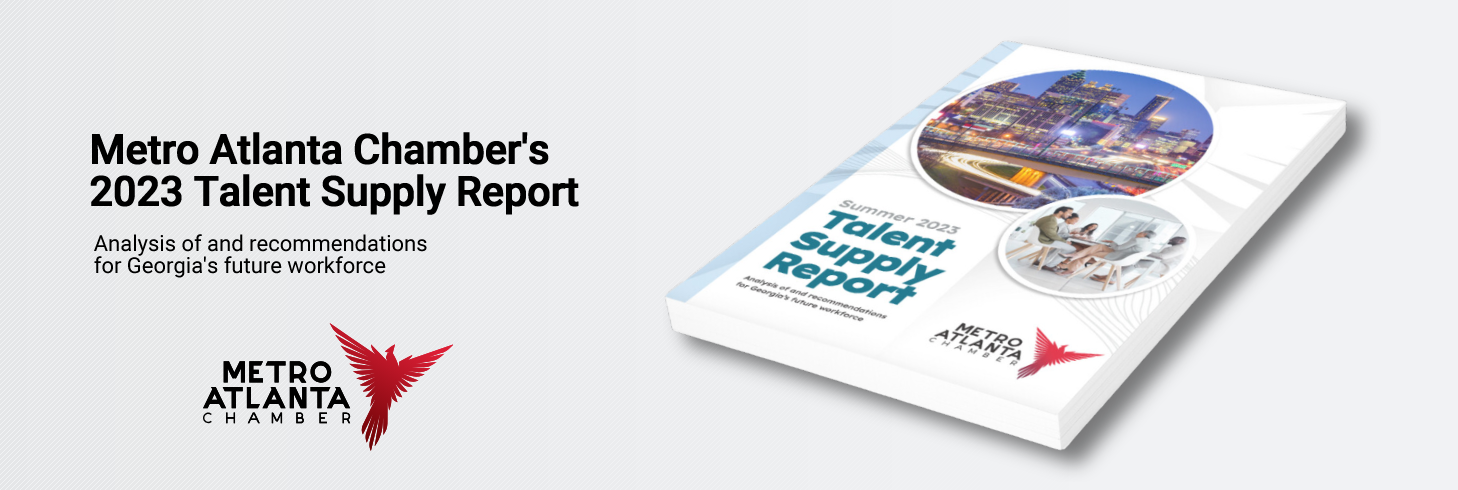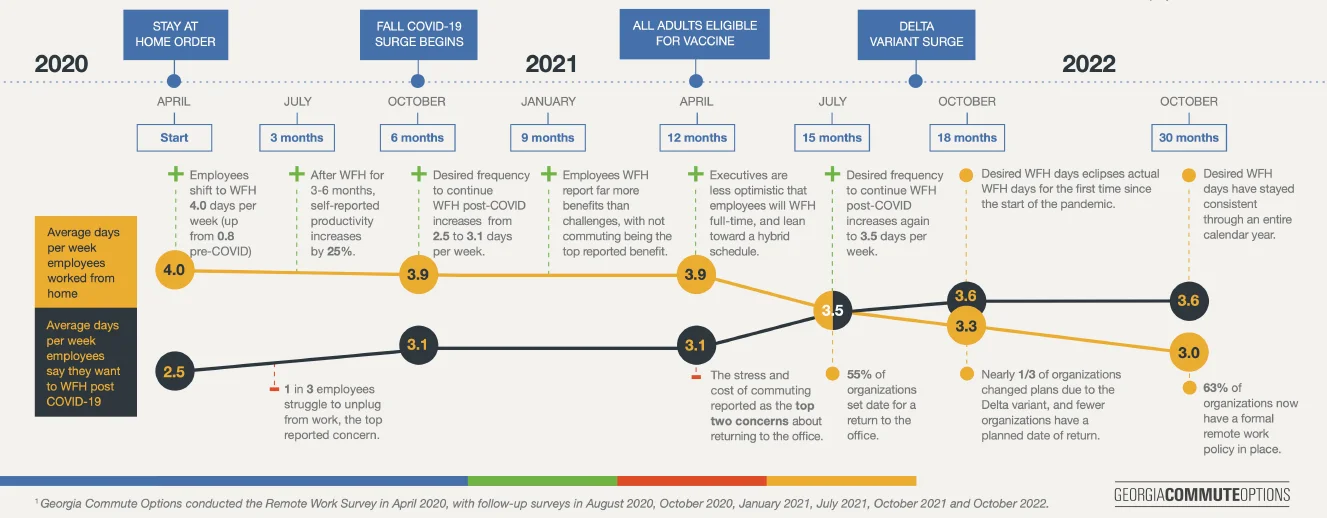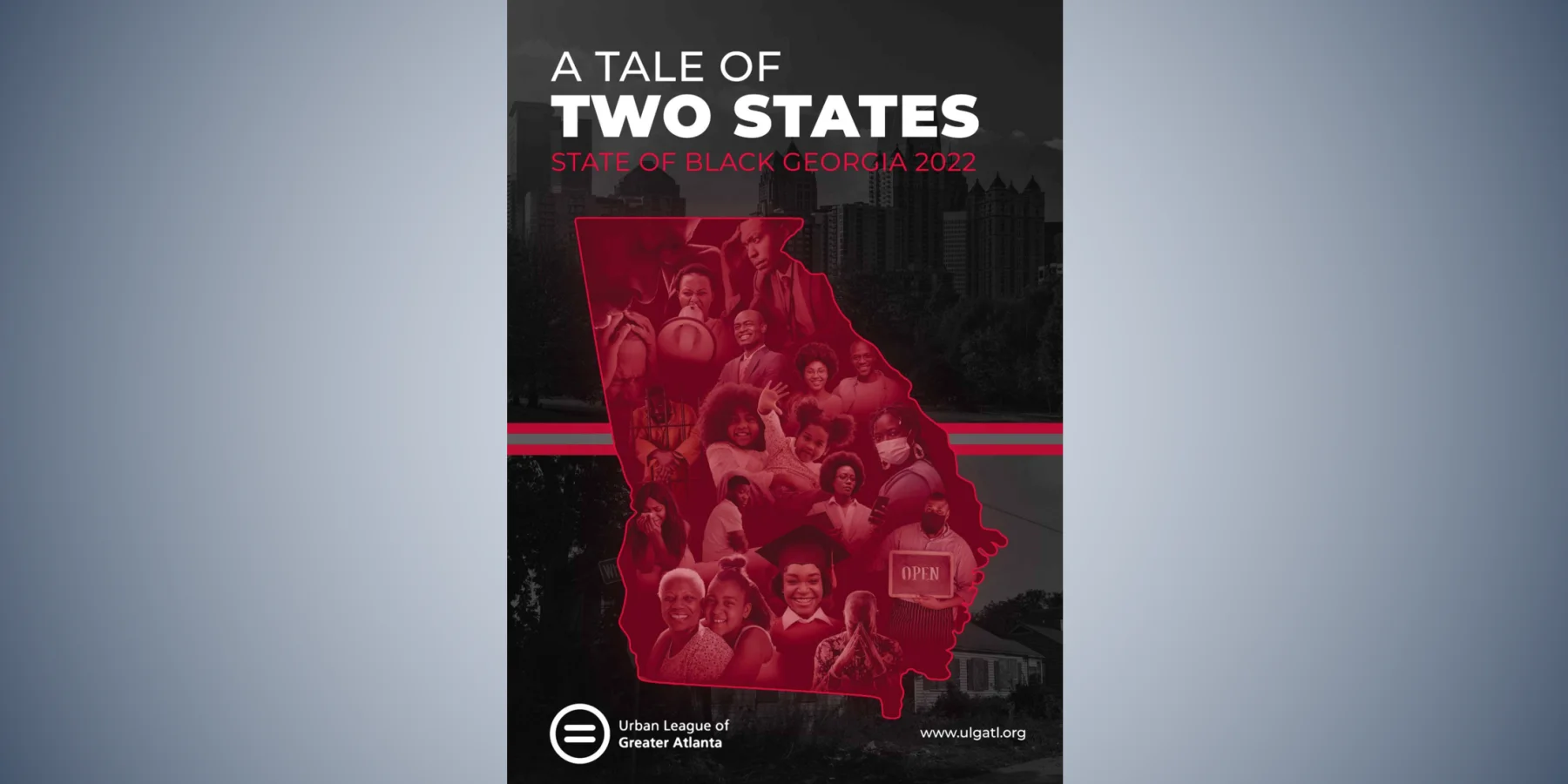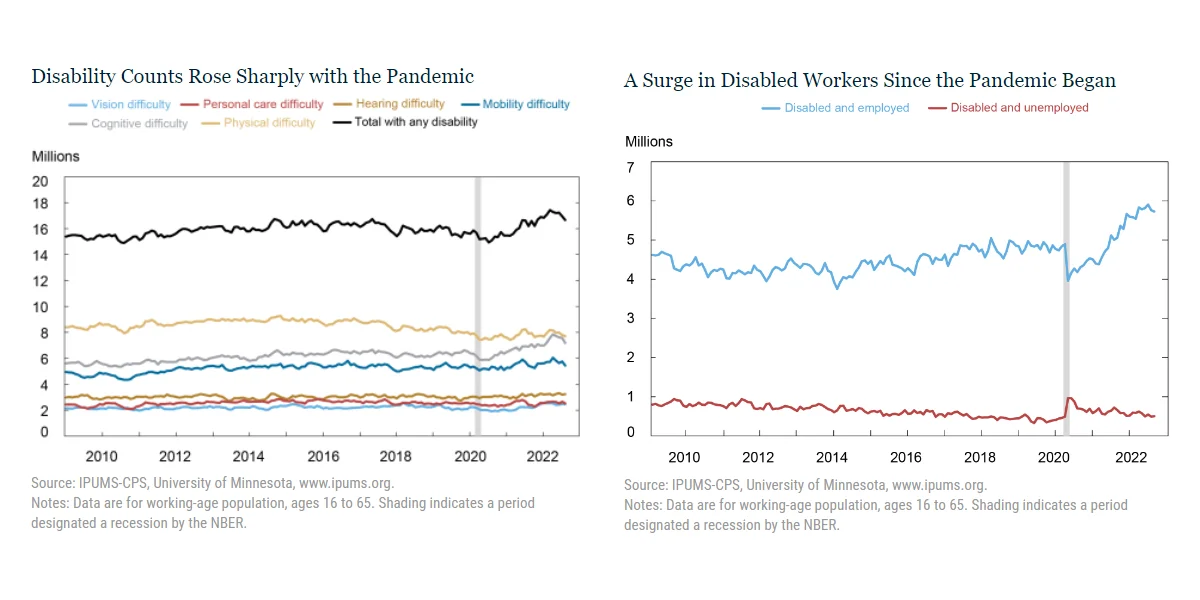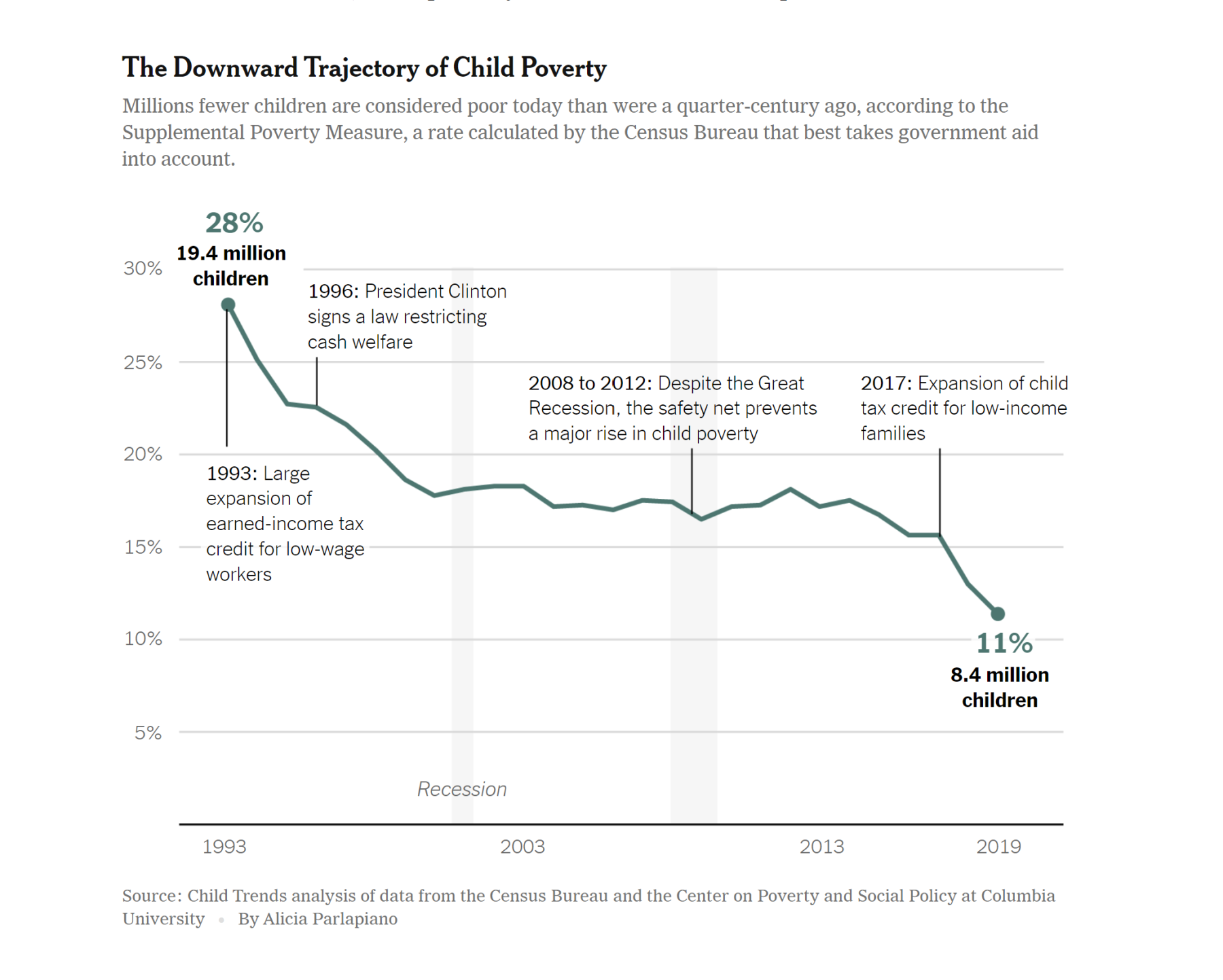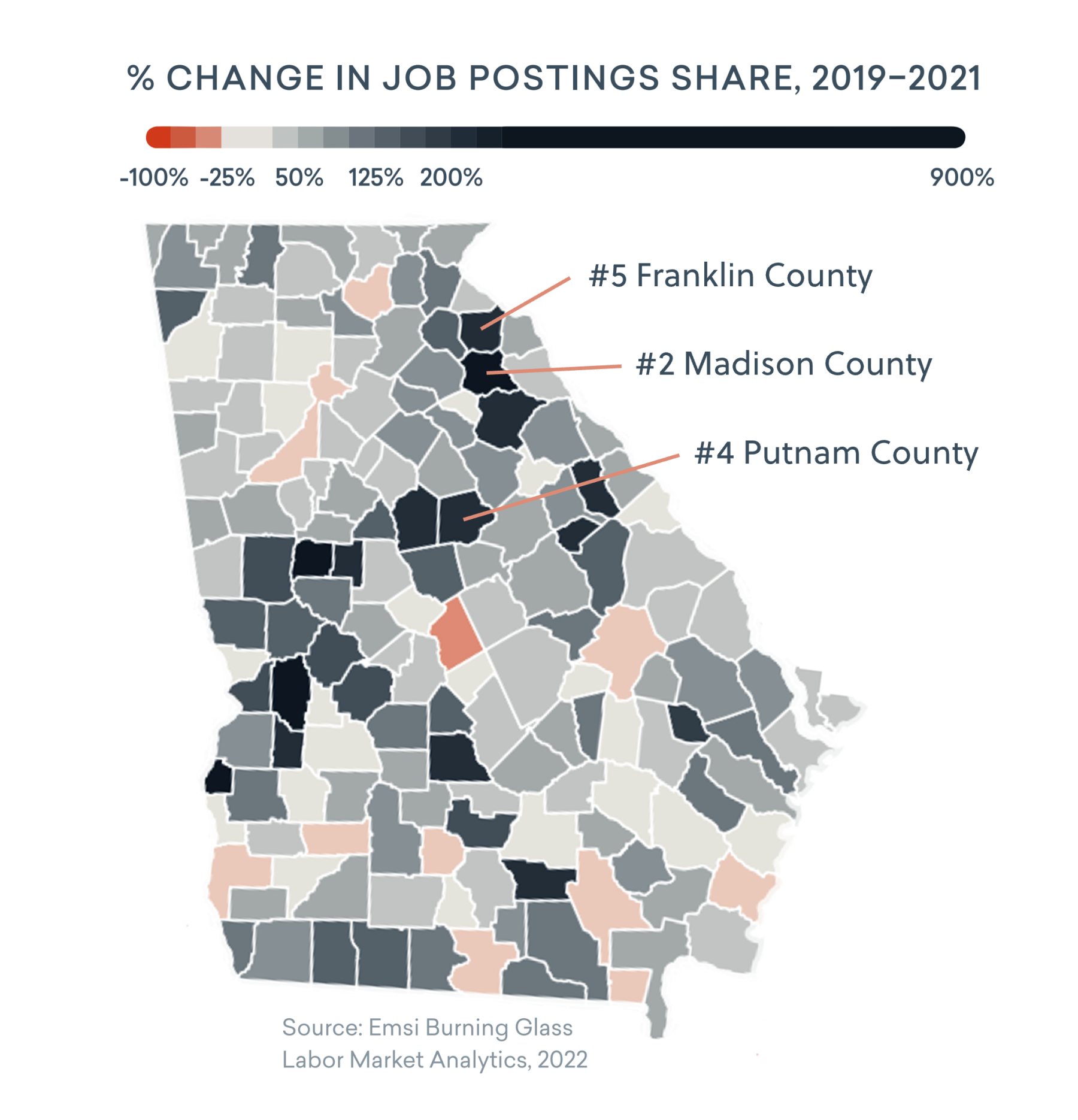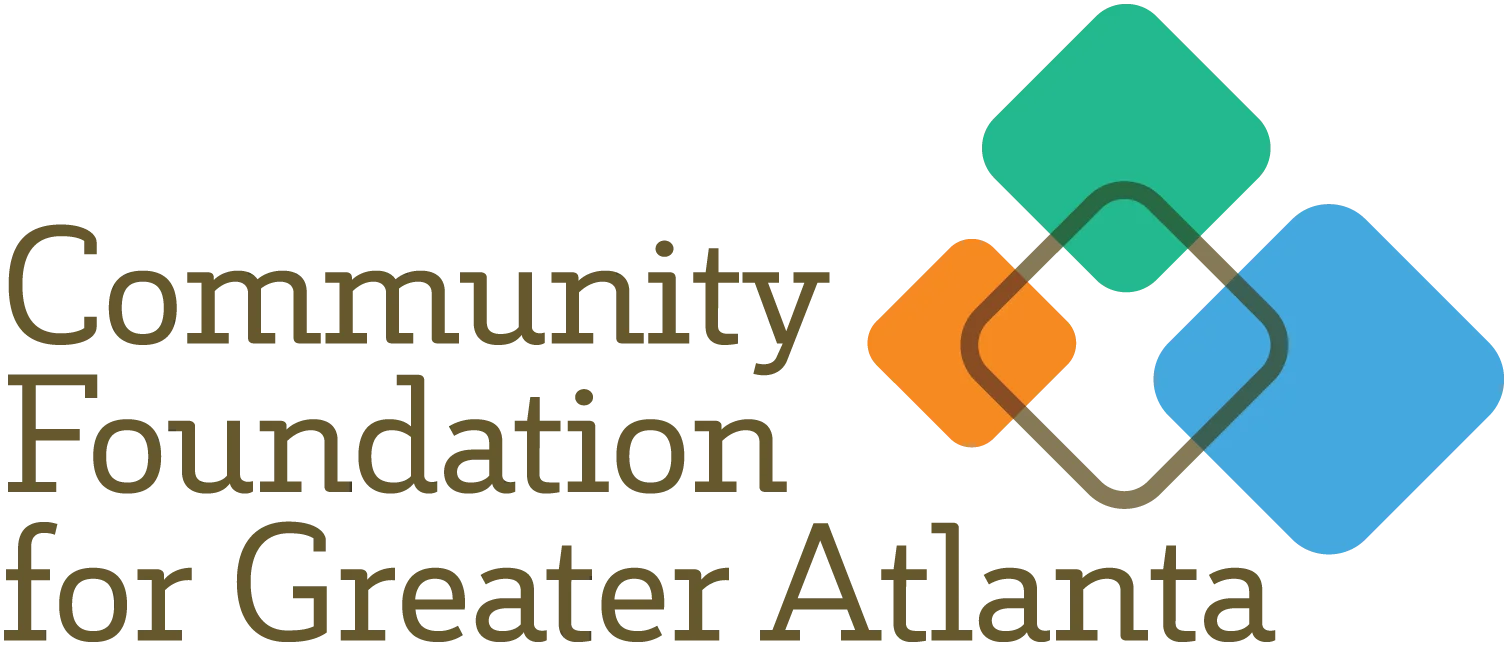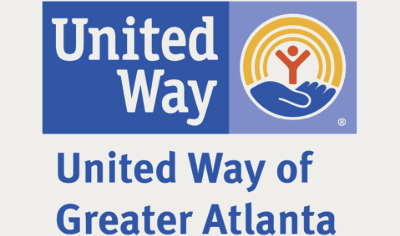Is Metro Atlanta bridging the gender pay gap?
This month, the Research and Analytics Division of the Atlanta Regional Commission (ARC) published an analysis of the gender pay gap in Metro Atlanta using 1-year estimates from the American Community Survey, which the Census Bureau has produced for 2005 to 2022.
Here are some of the findings:
- Women in metro Atlanta earn about 82 cents on the dollar compared with their male counterparts.
- Metro Atlanta has the 7th largest gender pay gap among the twenty largest metros in the United States.
- The gender gap has reduced by three cents from 21.2 cents in 2005 to 18 cents in 2022. Thus, while the gap has narrowed slightly over the last decade and a half, it remains quite wide.
- Disparities are lowest among protective service occupations (where women earn 93.3 cents on the dollar) and highest among health practitioners (where women earn only 65.6 cents on the dollar)—the wage gap is nearly 28 cents higher in those health occupations.





